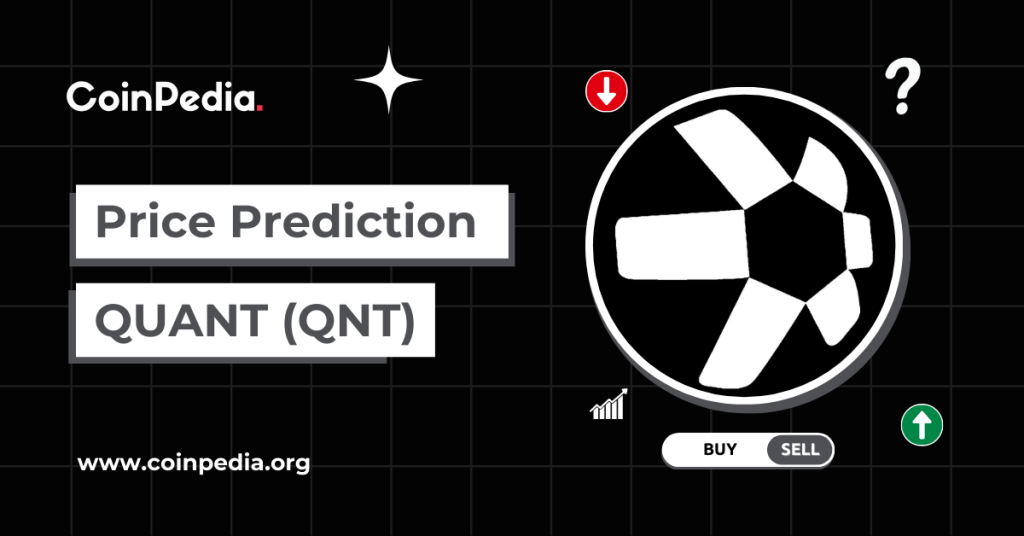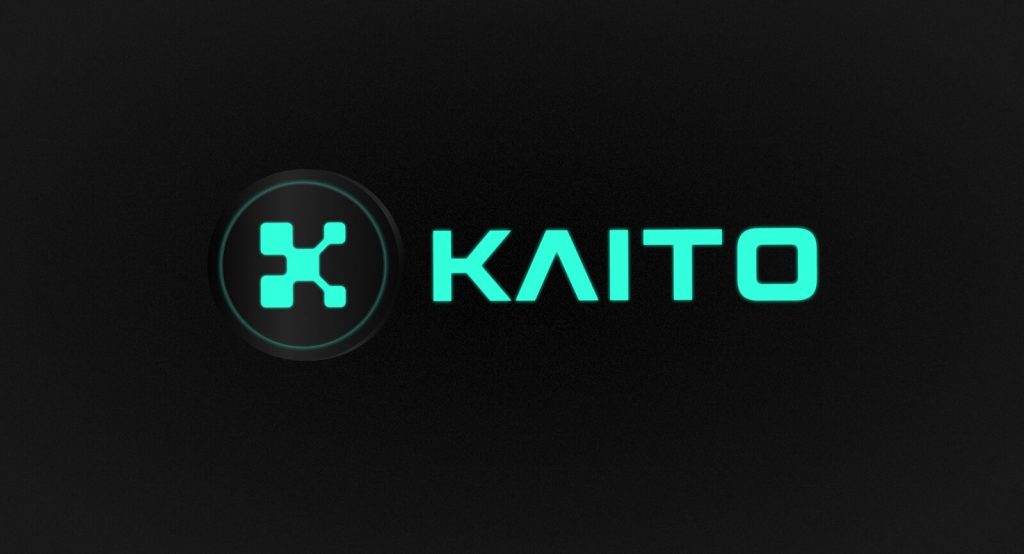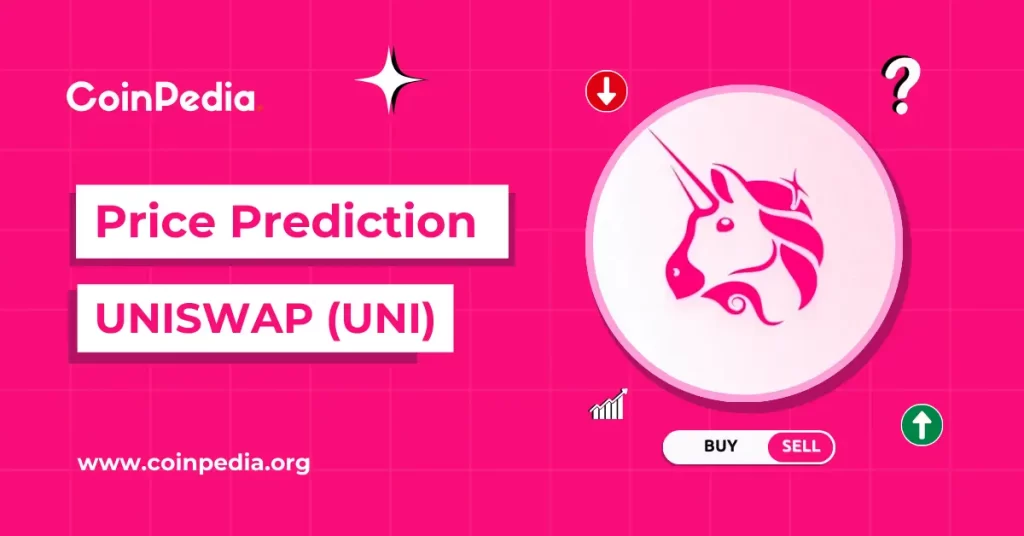The Division of Corporation Finance in the U.S. Securities and Exchange Commission (SEC) has granted a no‑action letter to Fuse Crypto Limited, which is responsible for the FUSE token.
According to the letter, the SEC will not recommend enforcement action if Fuse offers and sells its token under the conditions presented. This determination is based solely on the facts provided by Fuse and Ketchum, and does not reflect how the SEC might rule if any of these facts were different.
Fuse aims to launch a token that rewards individuals for participating in programs that promote sustainable electricity, including rooftop solar, electric vehicle charging, and other green technologies. Consumers are incentivized to drive energy and grid efficiency in a plastic-free, digital world where value is shared. The SEC found that the token did not qualify as an investment contract under the 1946 Howey test, which is commonly used to determine whether an asset constitutes a security.
FUSE token encourages participation, not profits
Fuse Crypto Limited has made it clear that the FUSE token was created as an incentive mechanism for promoting positive energy behavior, rather than serving as a medium of exchange. The company does not offer or sell the token with the expectation of profit from the efforts of others based on the company’s performance or future earnings.
Instead, it aims to reward people in FUSE tokens for engaging in sustainable activities (such as installing rooftop solar panels, electric vehicle chargers, or enrolling in programs that make their homes more energy efficient). By linking token rewards directly to one’s personal energy consumption and conservation behaviors, Fuse establishes a system in which value is based on use rather than speculation.
Fuse’s model was reviewed by the SEC, which sided with the company. The agency stressed that, as token holders are being rewarded for their energy consumption and behavior—not waiting for profits derived from Fuse or other activities outside of their own efforts—FUSE does not qualify as an investment contract under U.S. securities laws. This distinction is important because it draws a line between actual utility tokens and something that would naturally constitute an asset targeted by heavy-handed regulation.
Fuse also noted that the token is scalable and functional, enabling it to expand in line with the company’s growth in sustainable energy initiatives. The goal is to reward each ecosystem player, including those who buy and sell electrons, and manage the grid for greater carbon efficiency. They believe there’s a world in which users are constantly encouraged to adopt a cleaner energy solution. The token incentivizes daily energy-conscious activities in a direct, blockchain-based way that connects personal participation with sustainable technology development.
Regulator shows backing to utility-oriented crypto projects
This is the second no-action letter we’ve seen in recent months regarding token projects that have utility in the real world. In September, DoubleZero’s 2Z token — granted to contributors in a decentralized physical infrastructure network — was approved by the SEC. These moves suggest a less reflexive response pattern from the SEC regarding functional (as opposed to purely investment) digital assets.
Fuse clearance, as a non-security, is encouraging news for companies experimenting with blockchain-based rewards systems built around physical infrastructure. It provides clarity for projects that distribute tokens as incentives for participation — a step toward a model in which innovation and consumer protection can coexist peacefully.
The SEC has also suggested more ambitious intentions to create a “token taxonomy” that would differentiate between securities and utility tokens — potentially an important compass for projects and regulators navigating the new worlds of crypto and energy tech.
If you're reading this, you’re already ahead. Stay there with our newsletter.
















 English (US)
English (US)